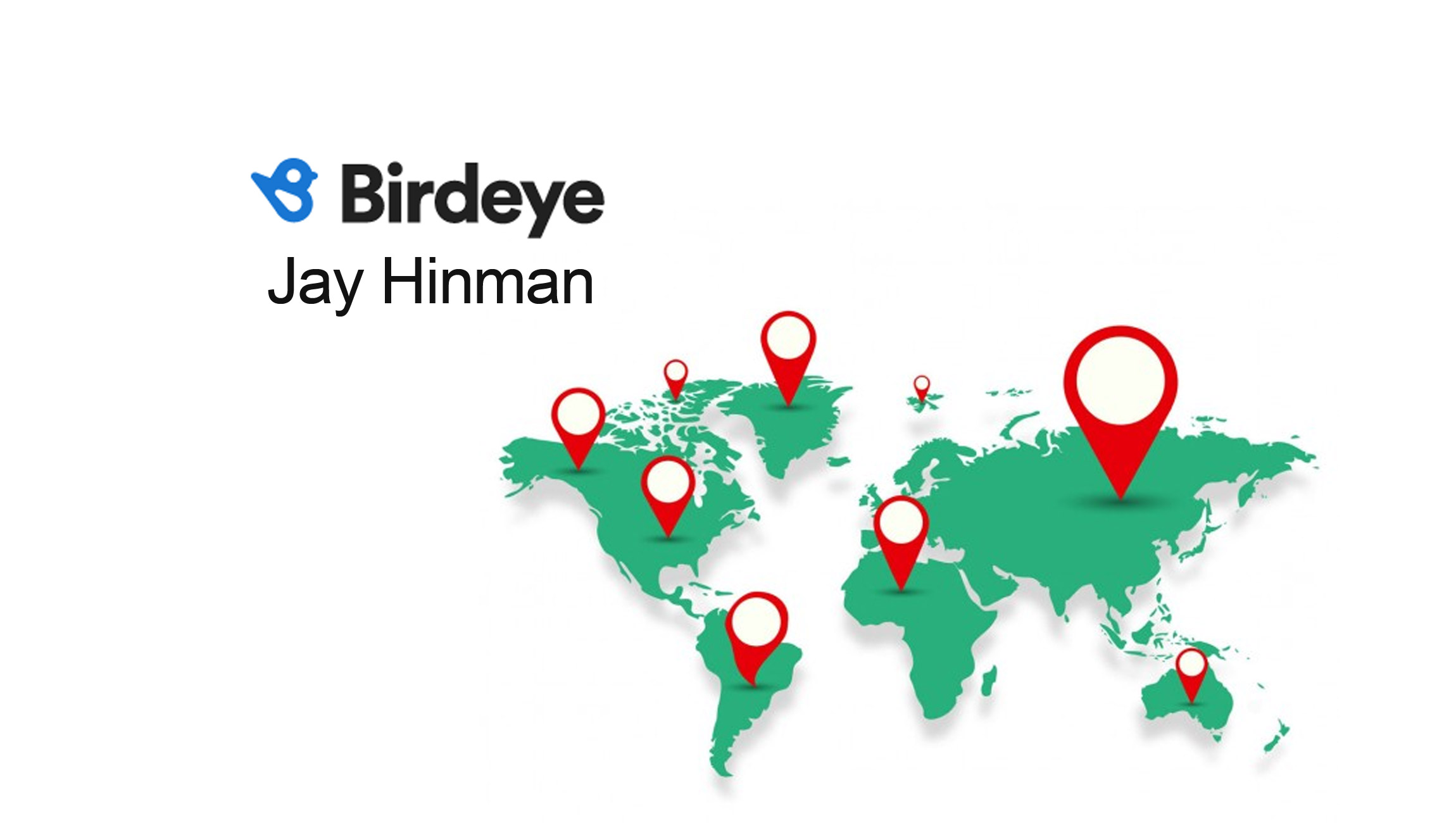In the not-so-distant past, the most commonly-used method to coax a potential customer into a business location was advertising. Marketers, with a clever turn of phrase in their copy and an above-average visual design sense, could use the power of their brand marketing to lure new prospects in the door and convert them into customers. The power rested with brands, and very often, the spoils went to the victors in the advertising game (and to the external agencies who did the heavy lifting).
Advertising certainly never really went away — the circulars in your mailbox and the ads clogging up your favorite websites and social feeds tell you otherwise. Yet for the multi-location business, advertising has been supplanted by something even more powerful: experiences.
Marketing Technology News: Strata Introduces Identity Orchestration Platform for Multi-Clouds
Customer experiences – manifested in online reviews, online interactions and in the ability for a business to be found online in the first place — are the primary driver of multi-location business success now, and there’s one place where this entire customer experience comes together: Google.
Google has truly become the front door to local business. It’s where that initial search for a business starts. “Best podiatrist,” “best pizza restaurant near me,” “best wedding dress store” and so on. This consumer behavior has made the power of the organic Google listing immense. Local “near me” Google searches were up over 100% over the course of 2020 and a whopping 76% of people who search for a business nearby end up visiting the location within 24 hours. Google algorithmically highlights the three businesses it believes are the most locally relevant for any given search in a “local 3-pack”, making it essential that a business finds itself listed there.
What drives the selection of the patronized business from those three listings? Increasingly, it’s online reviews. Today, 87% of consumers read online reviews for local businesses — and importantly, they’re doing so right before they hop in the car to come over to your location. Those reviews live right in a business’s online Google listing, so they’re exceptionally easy to scan and parse at a glance, with consumers often making their selection from among the 3-pack based on the quality, quantity and recency of their online Google reviews.
The Google Messaging “Tiebreaker”
Yet what if they still need to ask a business a final question before heading over or before booking that appointment? That’s where making it easy for prospects to message a business comes in. Now, Google has even done that, with the introduction of Google Messaging, right from a business’s Google My Business (GMB) search result.
I think of this as almost like a tiebreaker. Perhaps one business is utilizing Google Messaging in its GMB listing and has it directly integrated into its Experience Marketing software, making it exceptionally easy to ask quick questions and receive rapid answers. Say the other business doesn’t. The second business still might be chosen based on other factors, such as stronger reviews, yet all things being otherwise equal, the first business would have the edge, because it’s the one ready to chat with prospects the moment they’re most interested.

It’s progressed to a point where 75% of consumers now say they prefer to message a business rather than call, a trend that dovetails well with both increased smartphone usage and our always-online culture. Google, having clearly recognized this, has set up marketers who are well-tuned to the entire, holistic, search-to-sold customer experience for success. It’s the marketers who still only think about configuring paid search ads who are being left behind.
What “Comprehensive Google Strategy” Actually Means in 2021
It really comes down to being found, being chosen and being exceptionally easy to interact with – right there at the front door. Consumers are often entering and exiting Google without clicking through to any other website – even your own website. In the SEO world, this is called a “zero-click search.” In 2020, nearly 65% of Google searches ended without a click to another web property, up from 50% in 2019.
All that time spent building your own website is certainly still worthwhile. However, now that consumer expectations have been reset by Google that all research on a business location can now be done via a single search term, with no scrolling or clicking needed, then a partial redeployment of your marketing focus away from your website is certainly warranted.
Marketing Technology News: MarTech Interview with Navdeep Saini, Co-founder and CEO at DistroScale
This focus needs to follow the consumer decision-making process. I’d recommend that you and your team answer these seven key questions to see if your Google strategy matches today’s Google-driven marketing world
- Is our Google My Business listing accurate and fully up to date?
- Are the business categories we’ve chosen for our GMB profile accurate representations of what our customers are looking for?
- Have we taken advantage of all the granular listings data that will help us to stand out – things like wheelchair access, curbside pickup and outdoor seating?
- Do we have a steady stream of recent (and positive) Google reviews populating in our GMB profile?
- Are we regularly responding to those reviews – both negative and positive?
- Are we displaying photos in our GMB listing, to give prospects another way to confirm that our business matches their expectations?
- Have we turned on messaging in our GMB profile and are we ready to respond quickly to interested prospects?
It’s clear that a huge percentage of the modern customer journey now begins — and very often continues — on Google. It’s therefore essential that multi-location Experience Marketers develop and hone a comprehensive strategy for how to position their businesses to attract, grow and retain customers using Google.












Comments are closed.